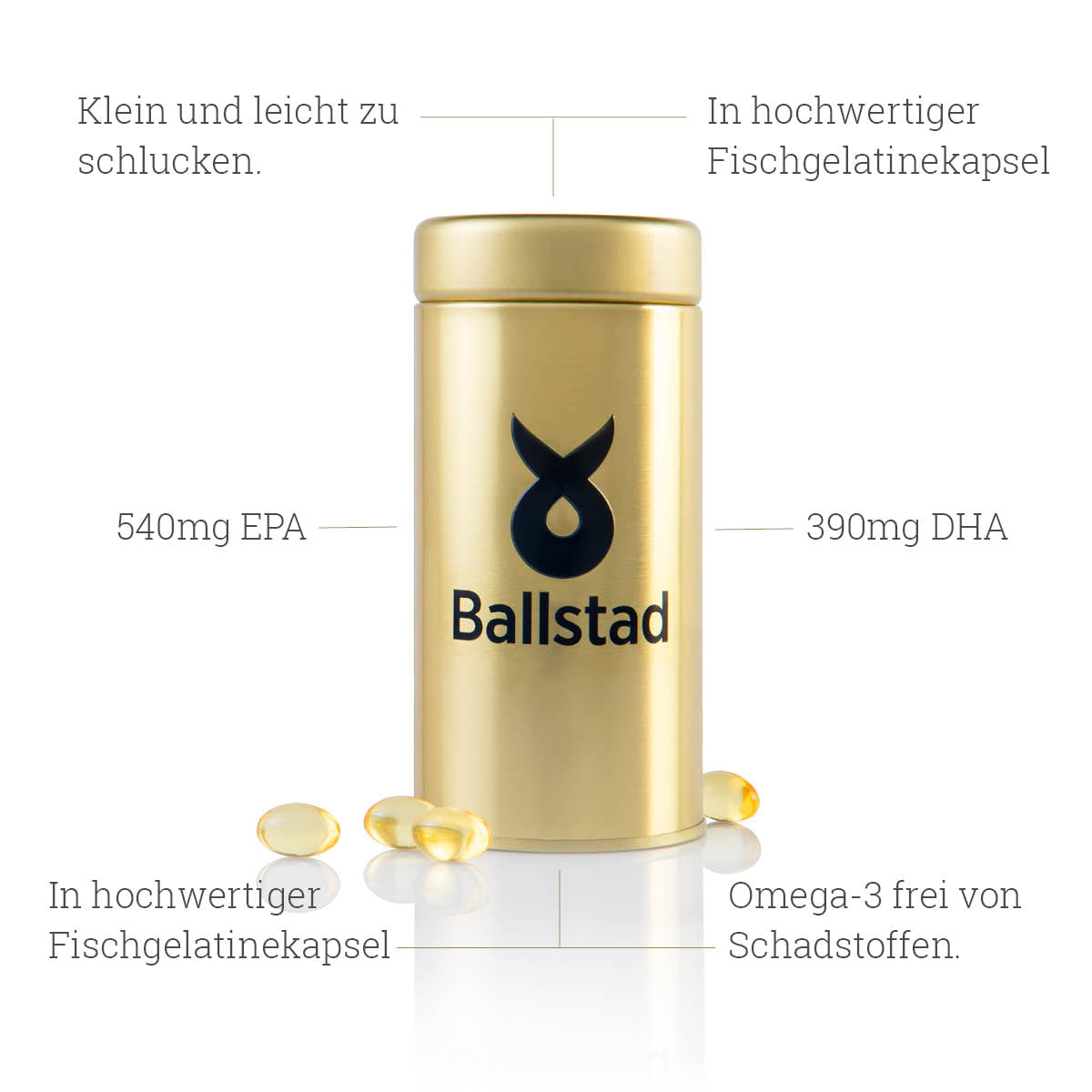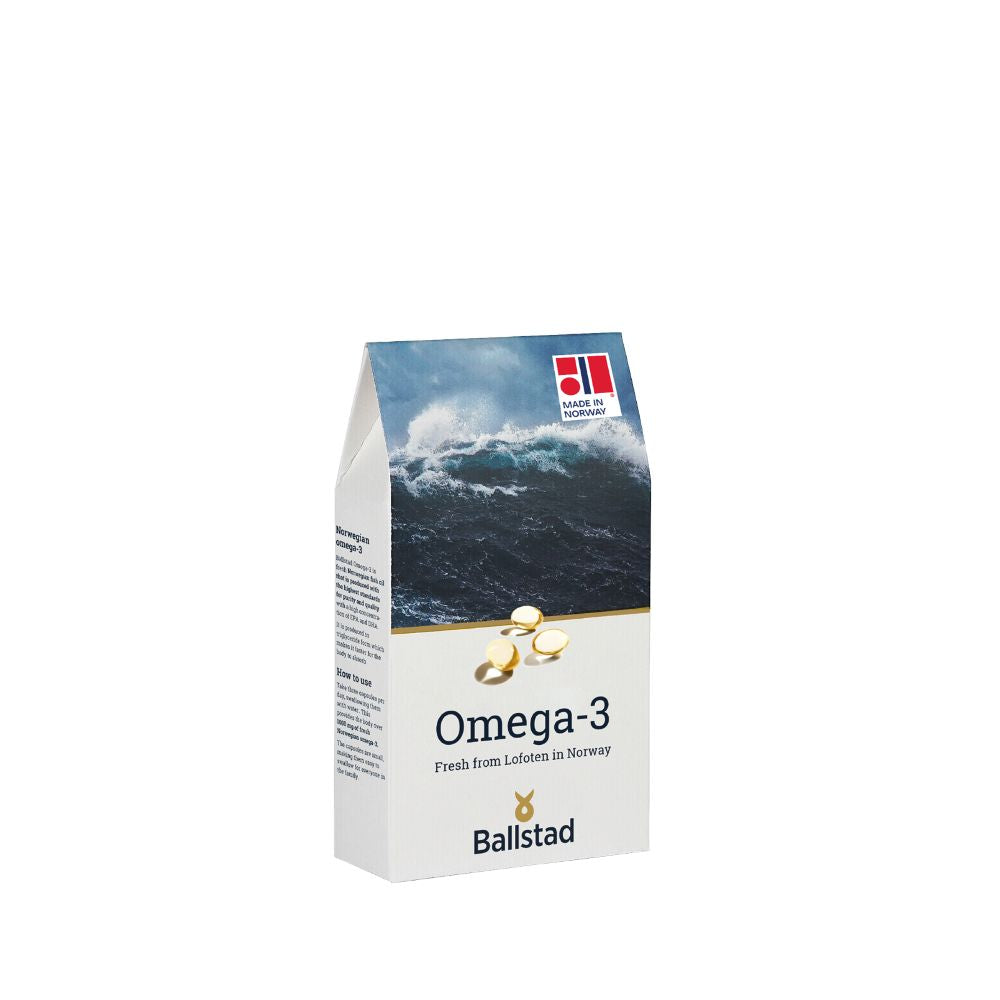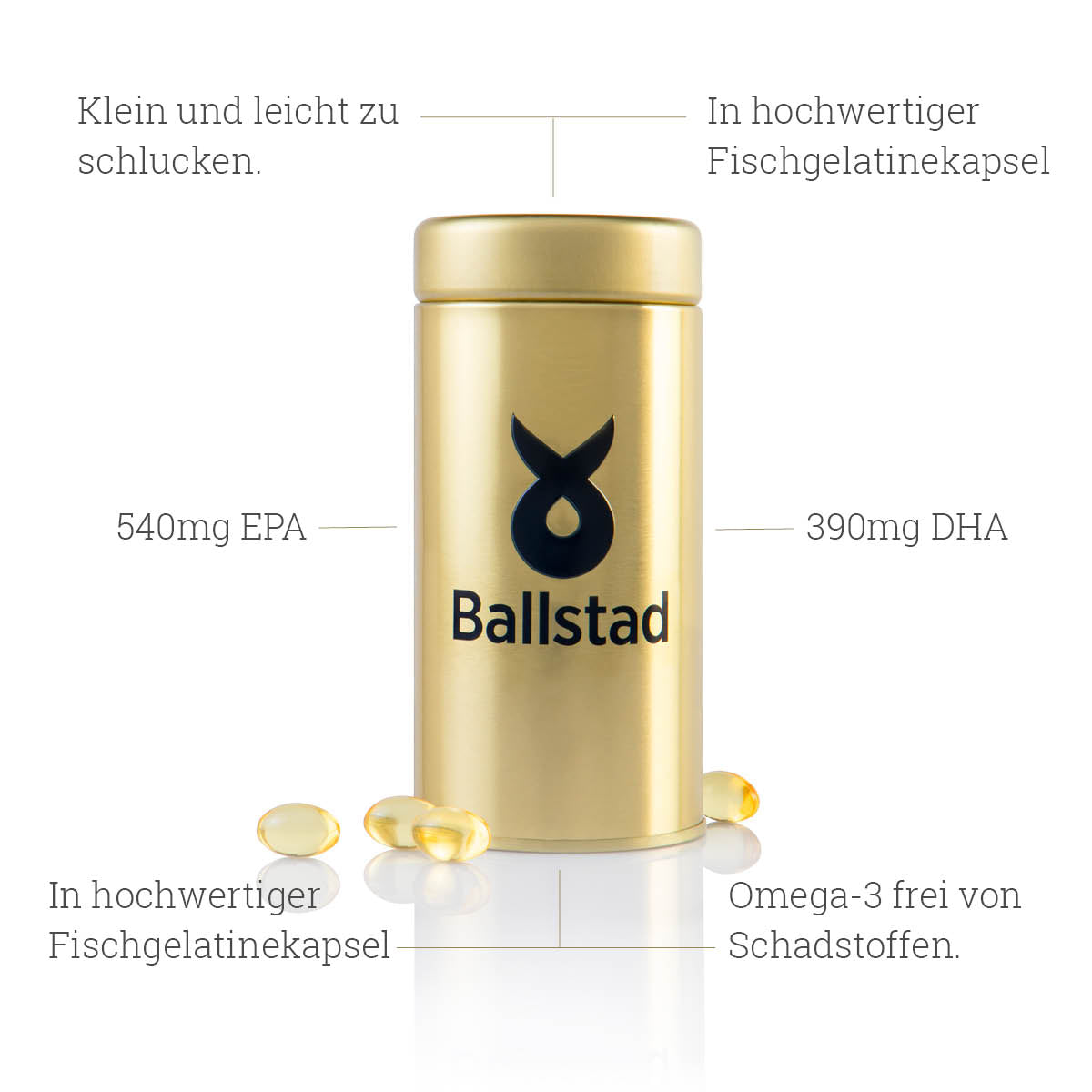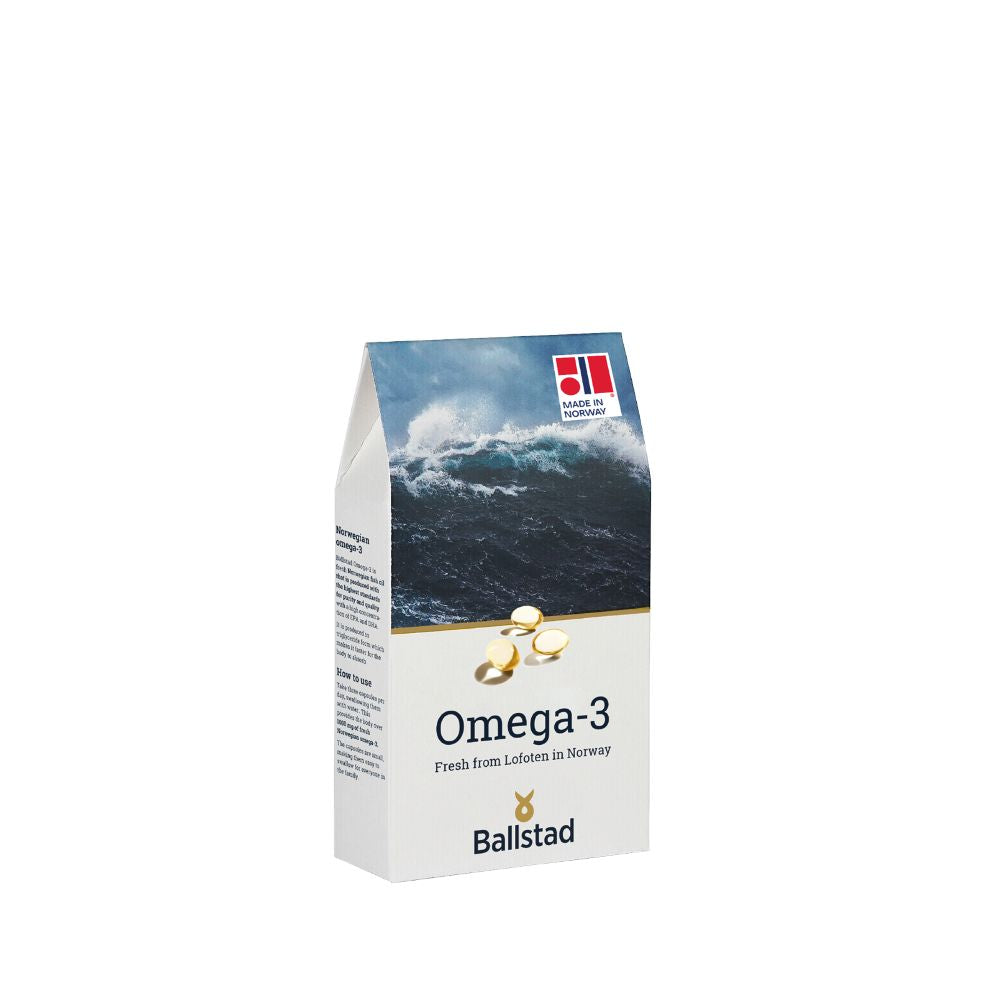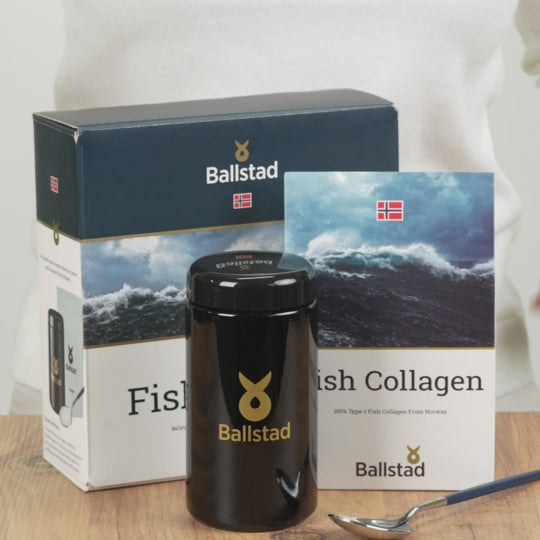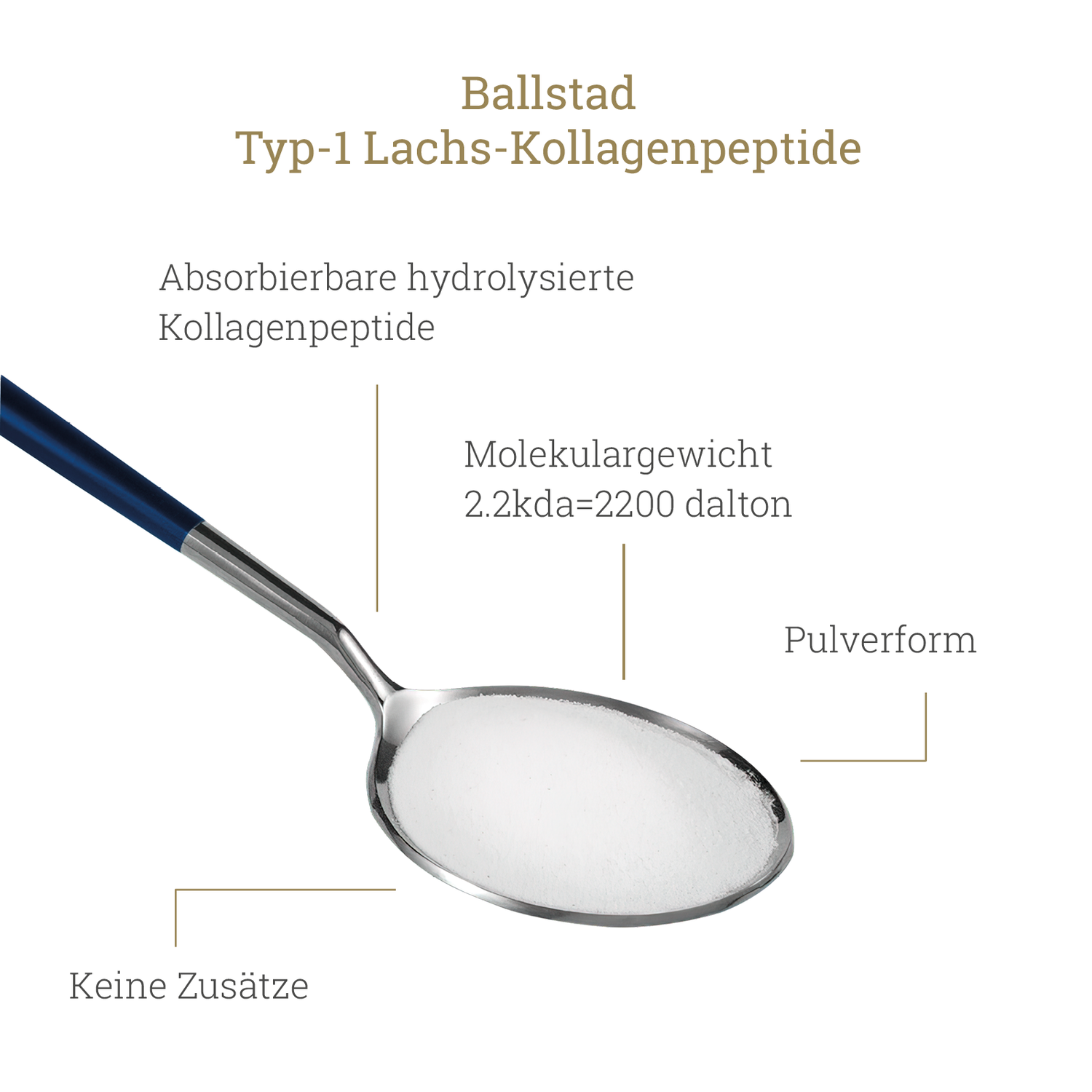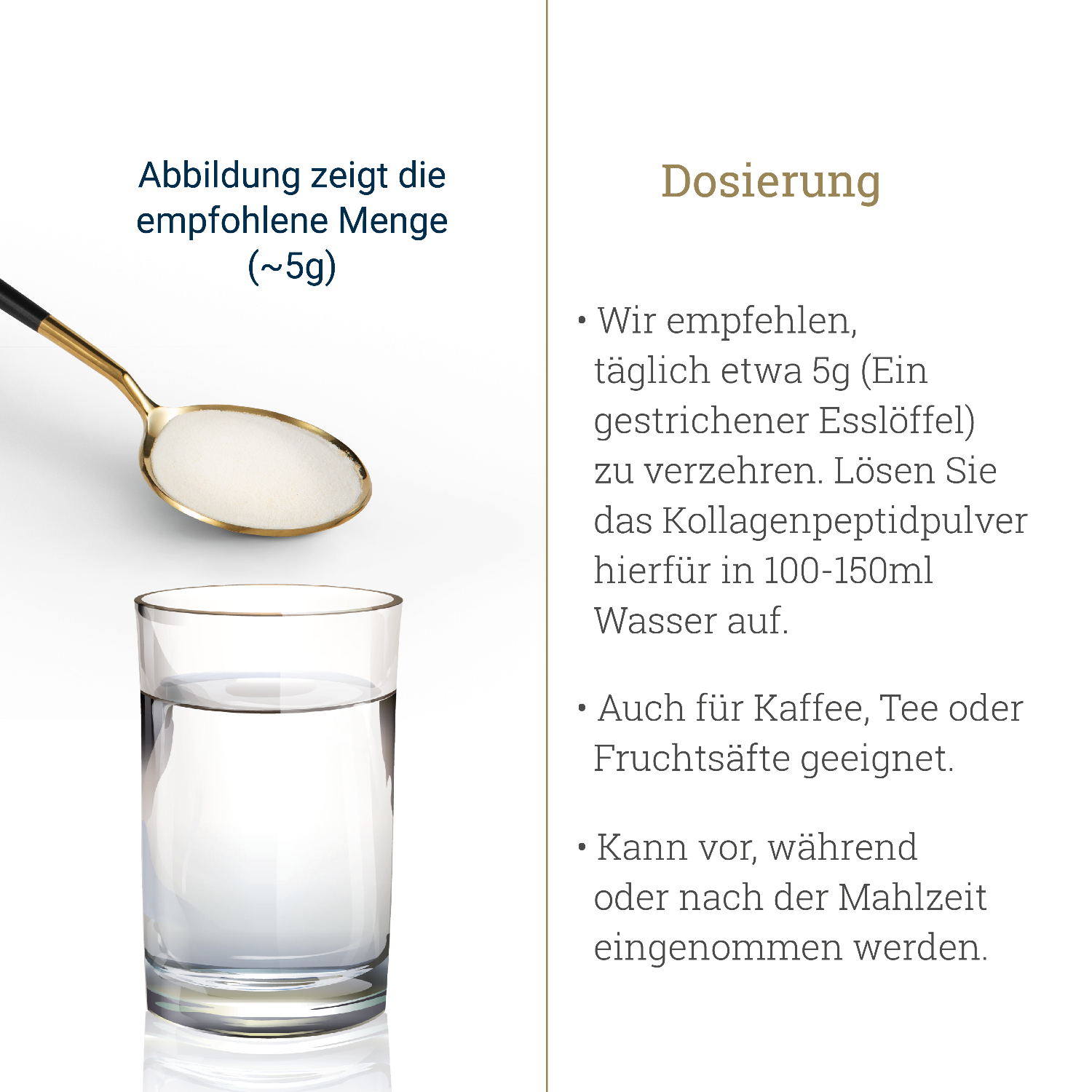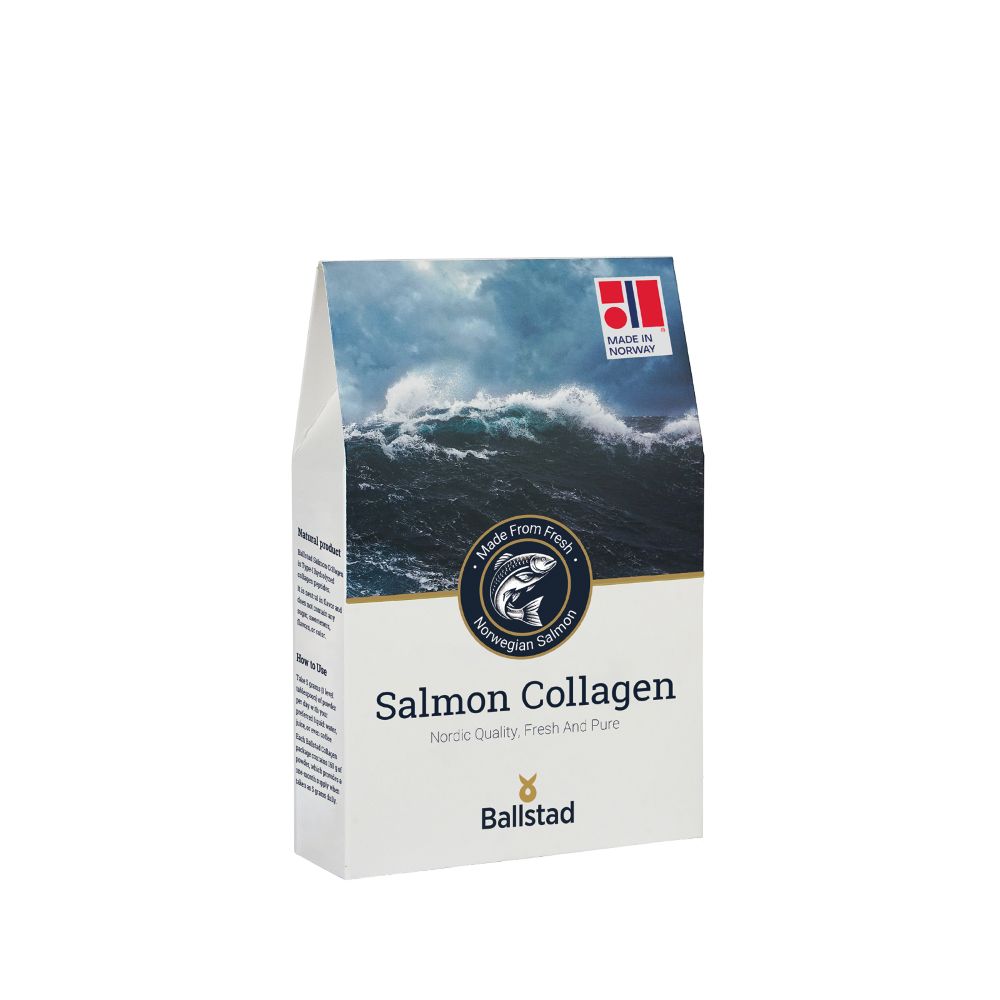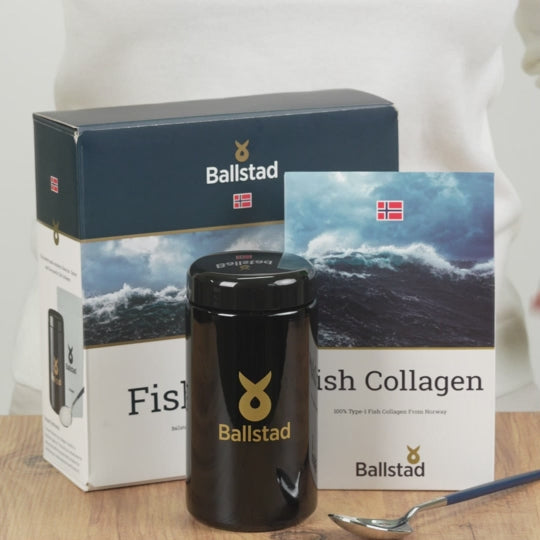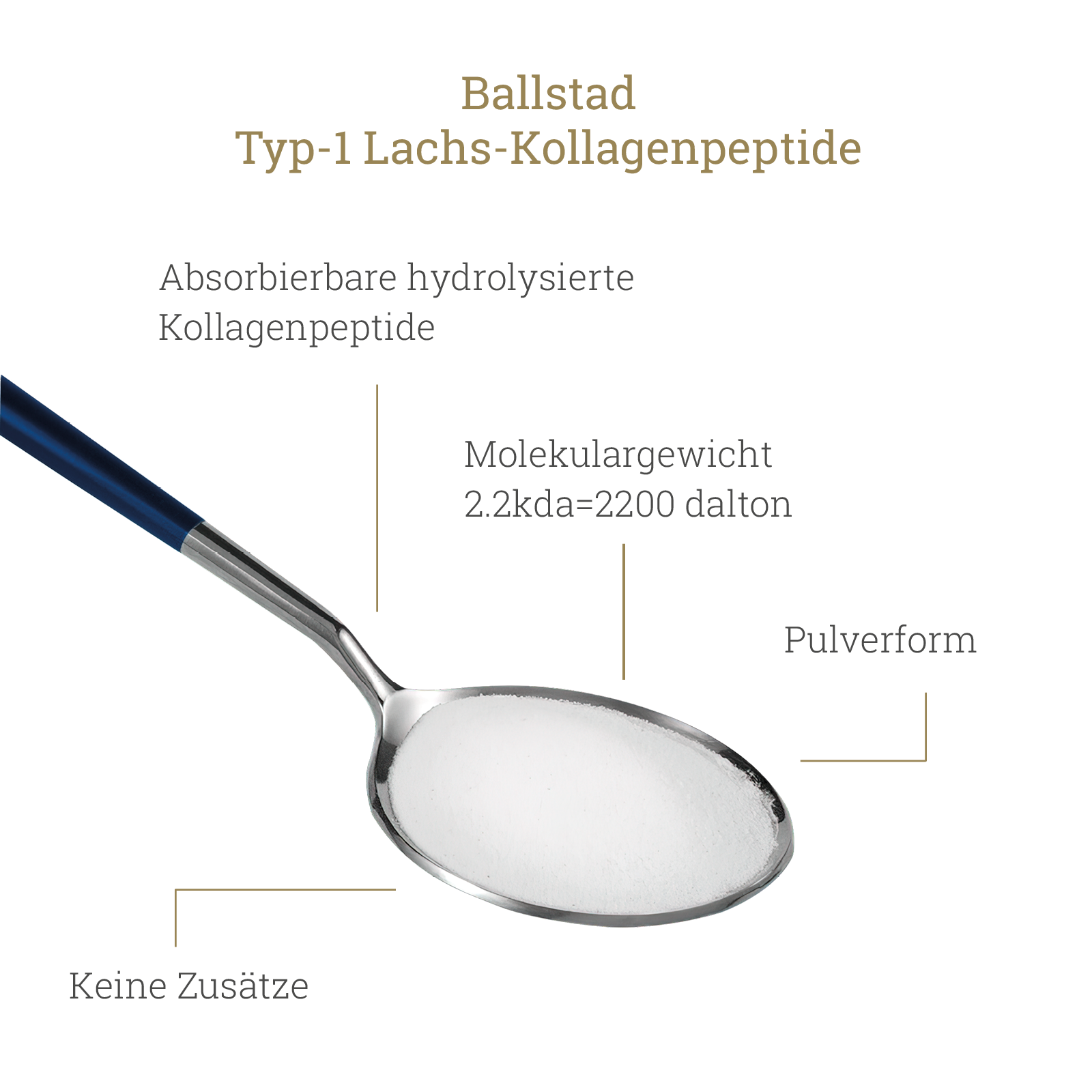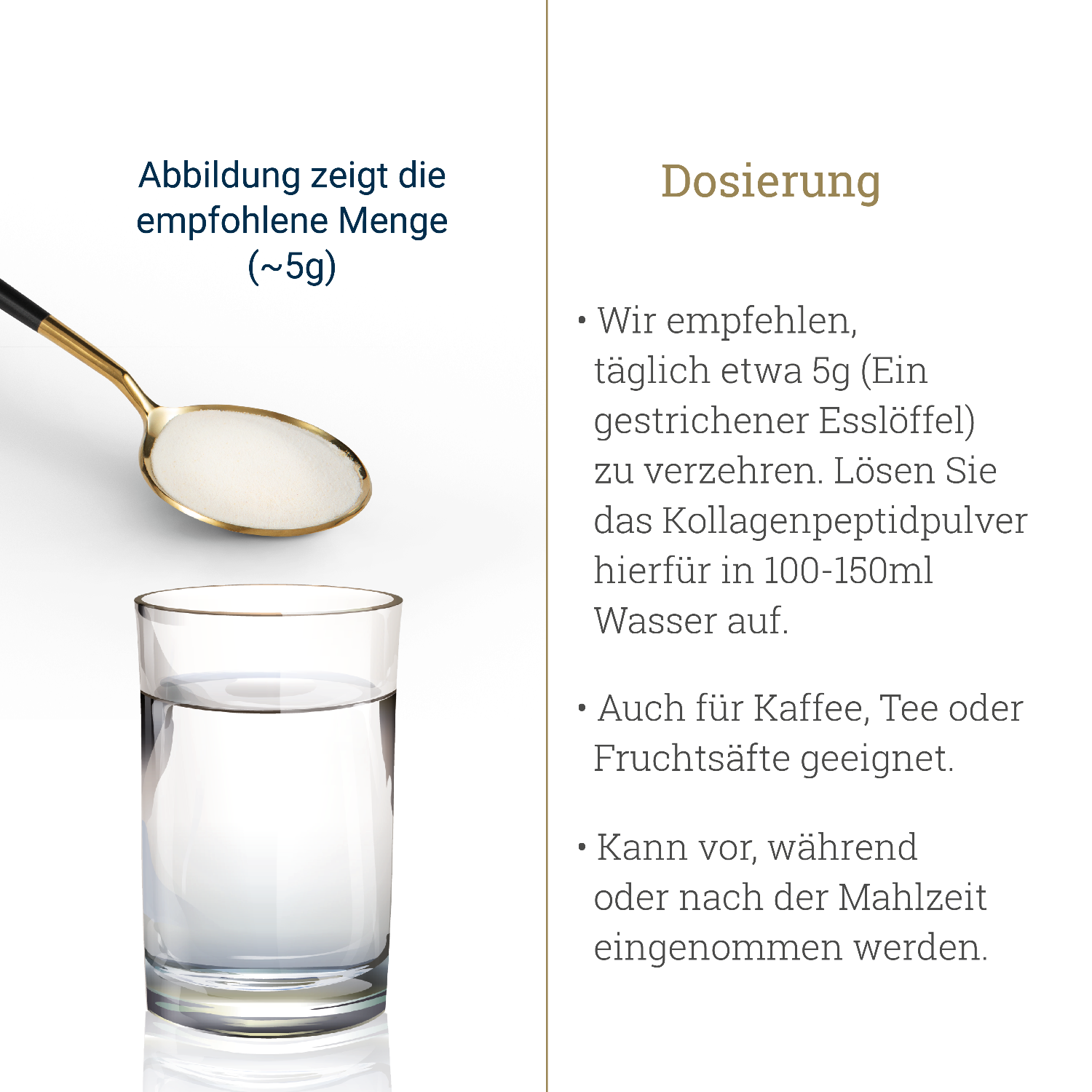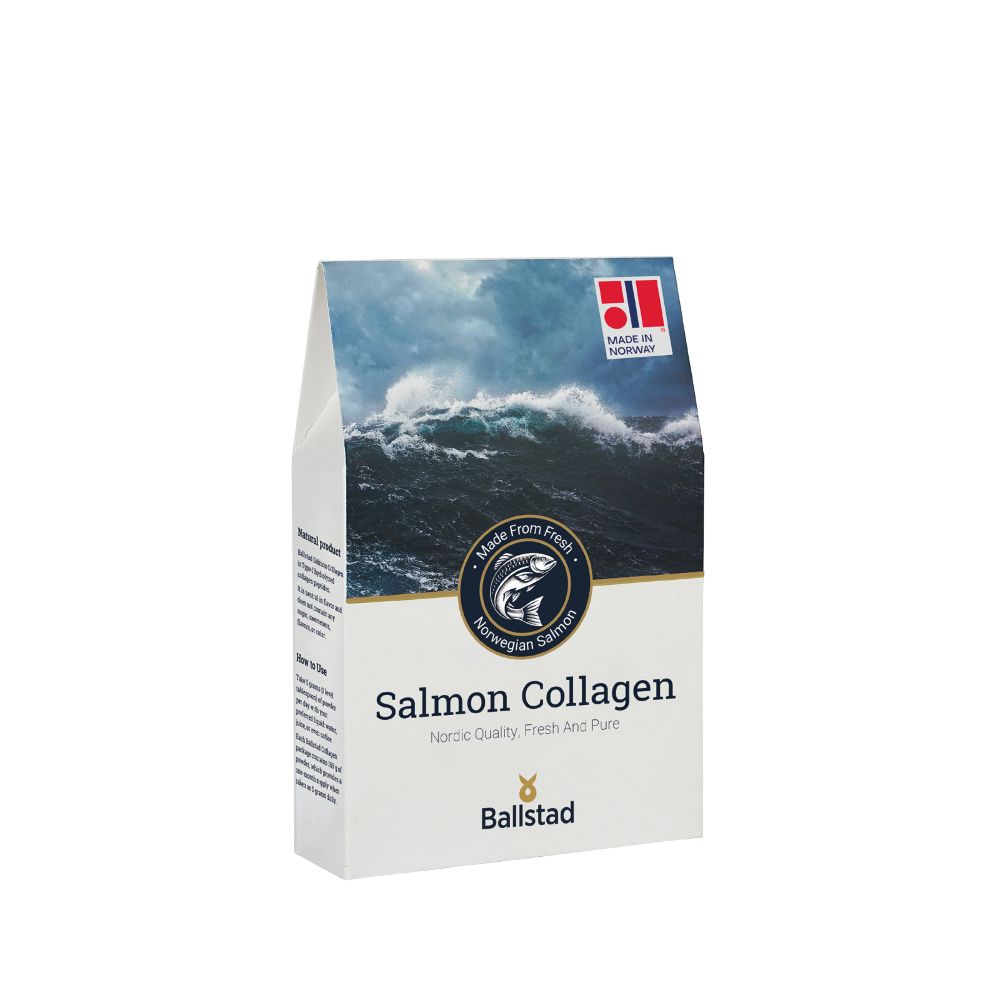It starts earlier than many think
In their early twenties, hardly anyone thinks about getting older. But around the age of 25 , the body's natural collagen production gradually slows down. This process is barely noticeable at first, but it sets the stage for changes that can become apparent over the years—both internally and externally .
Collagen acts like a stable framework for our body: It ensures skin elasticity, supports joint mobility, and contributes to the strength of bones and muscles. Over time, declining production can have noticeable effects—such as reduced skin elasticity , altered joint resilience , or a longer recovery period after exercise .
What actually happens in the body
From the age of 25, the body's own collagen production is estimated to decline by about 1% per year . This decline is not immediately noticeable, but can have long-term effects:
-
Skin : Less elasticity and firmness
-
Joints & connective tissue : Reduced resilience and flexibility
-
Nails & Hair : Changes in structure and resistance
Since collagen is found almost everywhere in the body – from skin and bones to tendons, ligaments and the intestinal mucosa – this process affects many areas.
How to support natural collagen formation
Even if the biological process cannot be completely stopped, conscious lifestyle habits can support the body's own development:
-
Balanced diet with sufficient protein, vitamin C and zinc
-
Adequate fluid intake
-
Regular sleep and exercise
-
Protection from excessive sun exposure
In addition, many people use high-quality collagen peptides , which can be absorbed particularly well through hydrolysis.
Marine collagen – like that from Ballstad – is known for its high bioavailability due to its fine peptide structure and can be incorporated into smoothies, water or coffee without any taste.
Why an early start can make sense
Even though the first changes often don't become apparent until years later, it can be helpful to support the body early on . Those who pay attention to a collagen-friendly lifestyle in their twenties or thirties lay a good foundation for their skin, connective tissue, and joints throughout their lives.
Aging processes don't happen overnight—they develop slowly and gradually . This offers the opportunity to support the body in a timely and natural way .
Sources
-
Shuster S et al. (1975): Aging of human collagen: changes in the content of various collagen types in skin - British Journal of Dermatology
-
EFSA Journal: Collagen hydrolysate and assessment of health claims
-
BfR (Federal Institute for Risk Assessment): Information on collagen in food supplements
-
Regulation (EC) No 1924/2006: Health Claims on Foods









